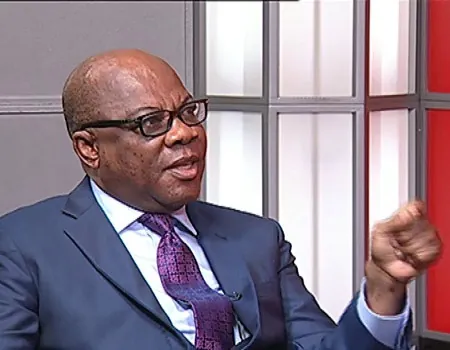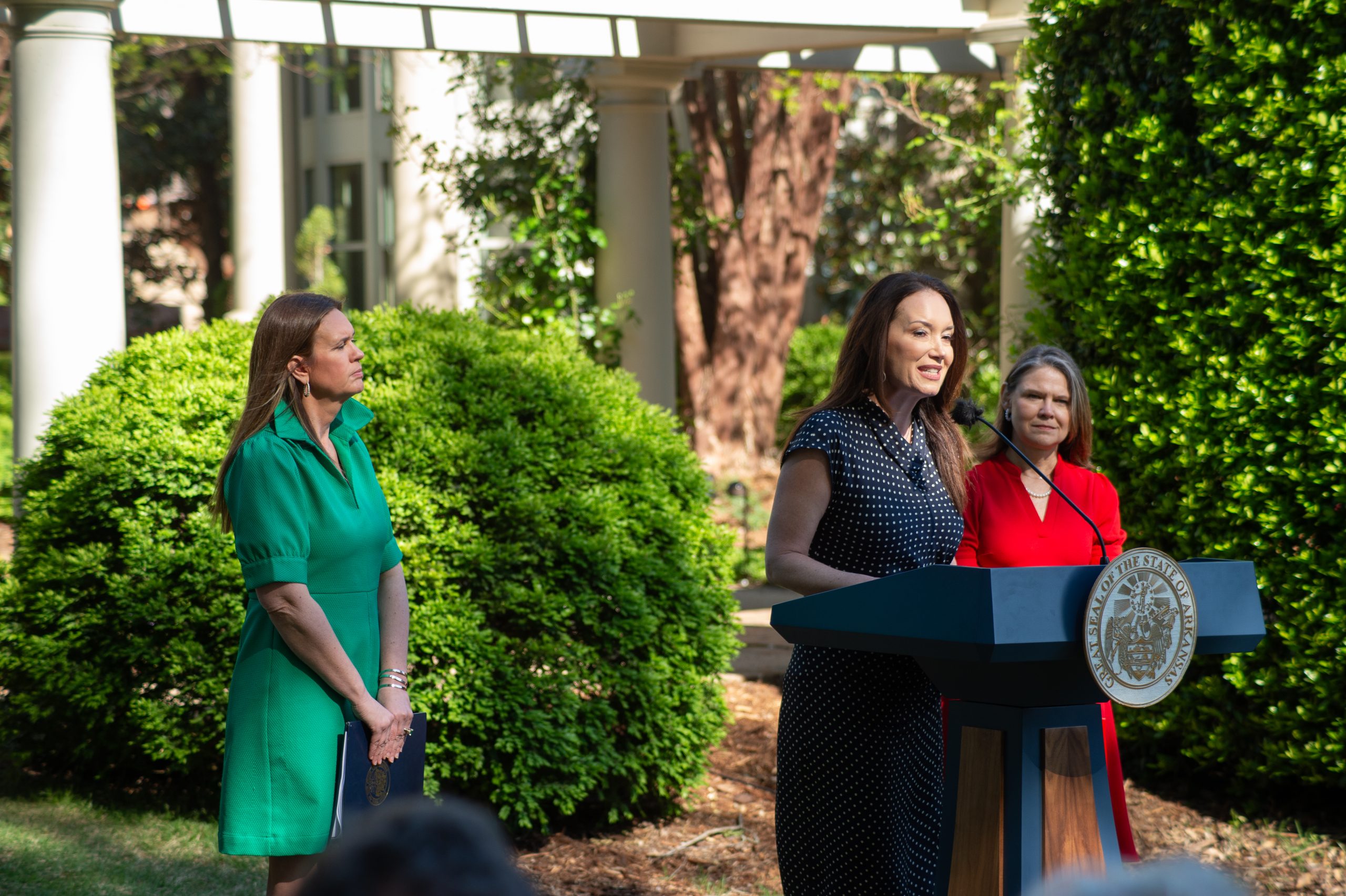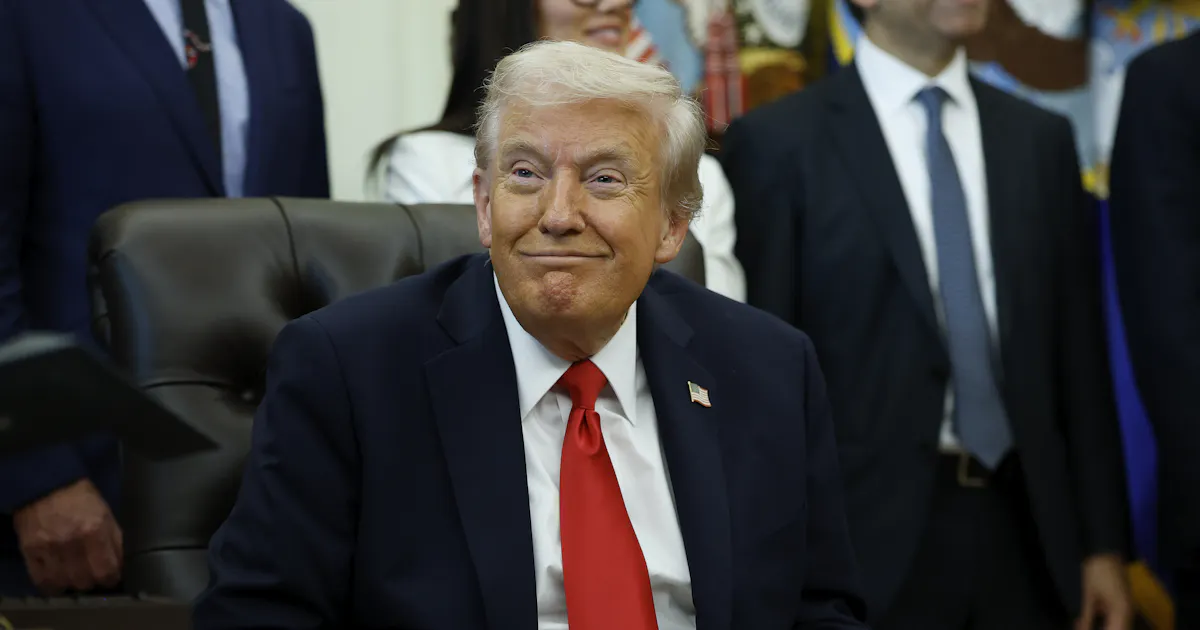Copyright tribuneonlineng

Former President of Nigeria Bar Association (NBA), Dr Olisa Agbakoba, on Wednesday said it will be difficult for Nigeria to attain the $1 1trillion economy it proposed to achieve by 2030 as long as the 1999 Constitution, which the country is running and which he described as faulty and denied devolution of power to federating units, subsists. Agbakoba gave this position on Wednesday at a press conference, which took place at his office in Apapa, Lagos, declaring pointedly that devolution of power remained the solution to moving the country forward and should be the issue the electorate must subject whoever aspires to rule the country to, come 2027. The former NBA president said it has become imperative for the electorate toDemand how power would be devolved from the centre to the states and local government areas from those aspiring to rule the country. According to him, what voters should look for before electing who will rule the country in the next election is a leader who is determined to jettison the 1999 Constitution and come up with a better constitution that allows devolution of power, affirming that a good example of a constitution that allowed devolution of power was the 1963 Republican Constitution. It was just as quickly noted that President Bola Ahmed Tinubu’s economic reforms, notably fuel subsidy removal and forex deregulation, while technically correct, cannot achieve transformational impact within a fundamentally dysfunctional governance structure, saying that it was impossible to fix economic problems with economic solutions when the root cause was largely political. “Nigeria operates under a fatal illusion—a supposed federation where the Federal Government controls ninety-seven percent of all revenues while thirty-five of thirty-six states cannot pay salaries without federal bailouts. “Seven hundred and seventy-four local governments and thirty-six states, representing ninety percent of Nigeria’s governance architecture, exist as mere distribution centers for federal handouts rather than engines of development. “This extreme centralization has trapped over two hundred million Nigerians in an unproductive informal economy, constraining GDP growth to three or four percent when the nation desperately needs ten to twelve percent to escape poverty. “President Tinubu’s recent reforms—fuel subsidy removal and foreign exchange liberalization—though economically sound, cannot transform a nation when they operate within fundamentally broken governance structures. The problem is not economic but political, and twenty-five years of constitutional amendments have failed because you cannot repair a cracked foundation with patches. “The solution requires constitutional replacement, not amendment, establishing genuine federalism through massive devolution of powers. States must own their resources, control their police, manage electricity generation and distribution, oversee solid minerals, and retain sixty percent of internally generated revenue,” he said. Agbakoba, while insisting that amending the constitution can never bring about a desirable result, pointedly declared that the roadmap for Nigeria to move forward was to restructure the country, stressing that Nigeria’s problems were not policy failures but system outputs. He argued that the current system reliably produces insecurity, economic stagnation, infrastructure collapse, and institutional decay because politics and economics were inherently local, adding:“Only foundational restructuring through devolution can unleash Nigeria’s N500 trillion economic potentials and deliver the golden age of development for our 200 million-plus citizens.” Speaking further, Agbakoba insisted, come 2027, the leader Nigeria needed is the presidential candidate with the best policy outlook on devolution, private sector empowerment, and revenue generation, even as he listed a series of questions that every candidate to the highest office in the land must answer. He warned that Nigerians cannot afford another cycle of centralized economic tinkering while the country’s governance foundation crumbles. “The 2027 Questions every presidential candidate must answer: Will you deliver a new constitution? Will you implement genuine devolution of powers? Will you establish fiscal federalism with resource control? Will you withdraw the government completely from business? Will you empower the private sector as the primary economic driver? Will you achieve double-digit GDP growth? “Will you implement single-digit interest rates and a functional credit system? Will you unlock N25-35 trillion in identified revenue opportunities? Will you develop critical minerals to $20-30 billion annually? Will you transform infrastructure, judiciary, and institutions? “The Presidential Selection Criteria: The presidential candidate with the best policy outlook on devolution, private sector empowerment, and revenue generation is the leader Nigeria needs. “Any candidate unable to articulate clear, time-bound commitments to these foundational reforms should be disqualified from serious consideration,” he stated. “We cannot afford another cycle of centralised economic tinkering while Nigeria’s governance foundation crumbles,” he warned. ALSO READ TOP STORIES FROM NIGERIAN TRIBUNE



